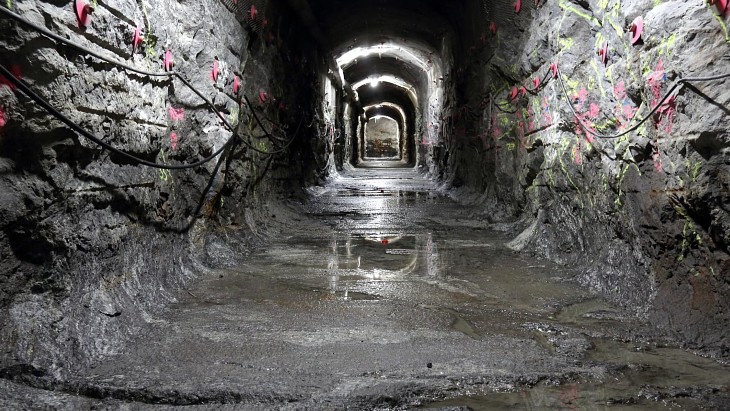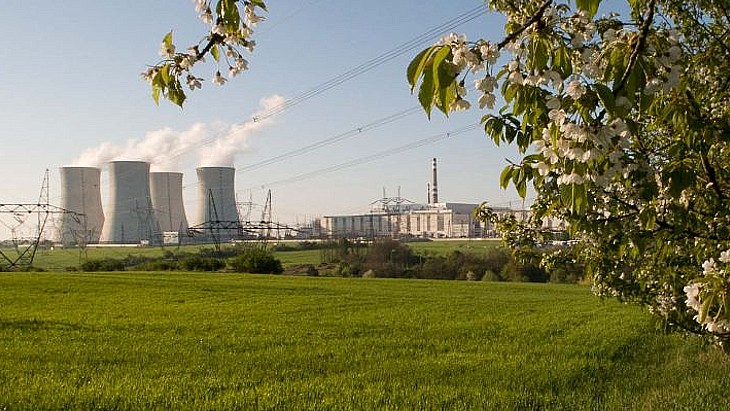The fuel assemblies were manufactured by Elektrostal Machine-Building Plant, a TVEL subsidiary located in the Moscow region.
CEFR is used for research purposes, though it forms part of a 20-megawatt power unit supplying electricity to the grid, TVEL said, adding that it is classified by the International Atomic Energy Agency as the only fast power reactor in the world outside of Russia.
Russian nuclear fuel supply is an "integral part" of Russian-Chinese cooperation in the development of fast reactor technology, TVEL said.
As the “logical sequel” to the CEFR project, the China demonstration reactor CFR-600 is under construction in Xiapu County, in China's Fujian province.
In January, TVEL and CNLY (a subsidiary of China National Nuclear Corporation) signed a contract for the supply of nuclear fuel for the CFR-600 sodium-cooled pool-type fast-neutron nuclear reactor. That fuel will be also fabricated by Elektrostal Machine-Building Plant.
Oleg Grigoriyev, TVEL senior vice president for commerce and international business, said cooperation with its Chinese partners was strategically significant.
He noted that TVEL supplies fuel to the VVER-1000 powered units of the Tianwan nuclear power plant and it that it has localised fabrication of VVER-1000 fuel under licence at CNNC's main pressurised water reactor fuel fabrication plant at Yibin in Sichuan province, which it supplies with Russian-made fuel components.
"At the same time, we are negotiating fuel contracts for the new VVER-1200 power units in China, which will be constructed by Rosatom," he said. "Cooperation in fast reactor technologies, including the fuel cycle, has strategic meaning as it aims to create dual-component nuclear power generation in the future."
In June last year, Russia and China signed four agreements, including for the construction of two VVER-1200 reactors as units 7 and 8 of the Tianwan plant. In addition, two VVER-1200 units are to be constructed at the new Xudabao site.







_53514_33880.jpg)






